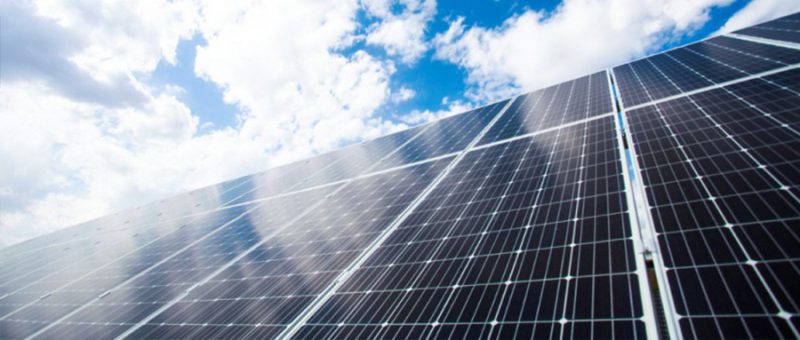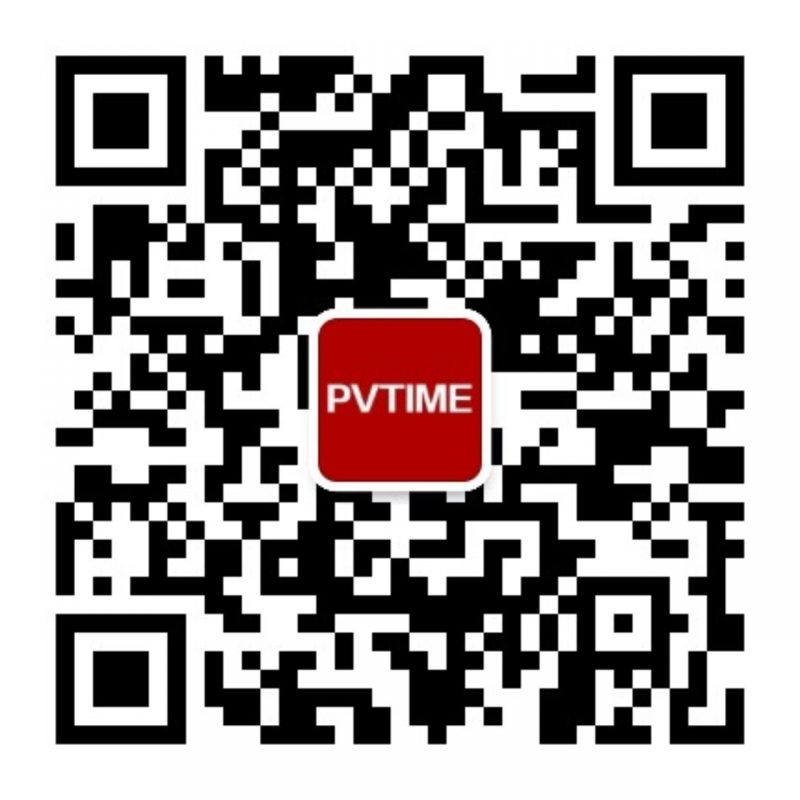PVTIME – Under its Net Zero Industry Act, the EU has introduced new legislation imposing a 30% local manufacturing requirement for solar components by 2026. The rules aim to reduce supply chain dependency and are structured around three core pillars:
1. Binding local production targets:
Member states must ensure that 30% of their annual solar module, battery and heat pump installations are produced in the EU by 2026. This addresses a critical vulnerability: 90% of EU solar components are currently imported, 80% from a single country.
2. Non-price tendering advantage
From 2025, 30% of renewable energy project bids (approximately 6 GW per year) will prioritise EU products that meet criteria such as supply chain resilience and sustainability. This effectively reserves market share for local firms such as REC and Meyer Burger.
3. Fast-track permitting and strategic hubs
A new fast-track approval system will cut project timelines by 50%, and will now include energy storage. A ‘Net Zero Acceleration Valley’ will coordinate regional manufacturing hubs guided by clear technical standards.

Industry Impacts & Challenges:
Market Shift: European manufacturers will gain a guaranteed market share of 40%, while Chinese exporters will face tighter government tender access.
Capacity Gap: The current EU solar capacity of 10 GW per year lags behind the 2026 target of 16 GW, requiring urgent investment.
Cost pressures: EU modules cost 30–50% more than imports, which could lead to higher renewable energy costs.
Trade risks: Localisation clauses may face challenges from the WTO, though the EU plans to revise them in 2027.
France (imposing a 15% price premium on local products) and Spain (offering PERTE funding) have led the way in implementation. SolarPower Europe has warned of an ‘existential crisis’ for EU solar manufacturing and is calling for dedicated financing. Chinese firms are advised to monitor public procurement guidelines, while European developers are restructuring supply chains to balance compliance with cost.

Scan the QR code to follow PVTIME official account on Wechat for latest news on PV+ES











